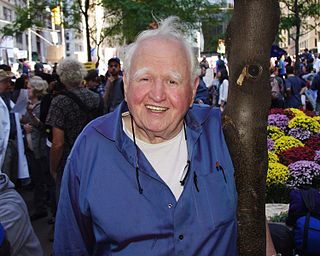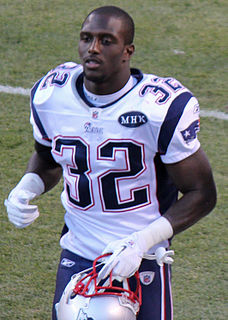A Quote by David Sheff
Everybody tells you over and over again that addiction is a disease. But when I read Nic's book I understood not just that this is a disease, but what the disease means.
Related Quotes
People still think of AIDS as a shame-based disease, it's a sexually transmitted disease, and you're either gay or you're a prostitute or an intravenous drug user. And so a lot of people are still very bigoted about this disease. It's such a treatable disease. It's so - the end is in sight for this disease, medically.
There's traditionally been two different ways of seeing addiction. Either it's a sin and you're a horrible bad person and you are just choosing to be hedonist or it's a chronic progressive disease. And while I certainly believe addiction is a medical problem that should be dealt with by the health system, the way we've conceptualized addiction as a disease is not actually accurate, and it has unfortunately become stigmatizing and it's also created a lot of hopelessness in a lot of people.
I felt that if people understood the struggle of recovery, then some of the stigma of addiction might be reduced because the audience would understand in a palpable way that addiction is a disease that tells the afflicted, despite years or even decades of heartbreaking evidence to the contrary, that using will make things better.
The reason I got into sickle cell was my aunt has the disease, my uncle has the disease, and then the more I looked into it, a lot of minorities have the disease and it just doesn't get covered. No one really talks about it, and I felt it was the same thing with the different social injustice issues and topics that I kind of dove into.


































